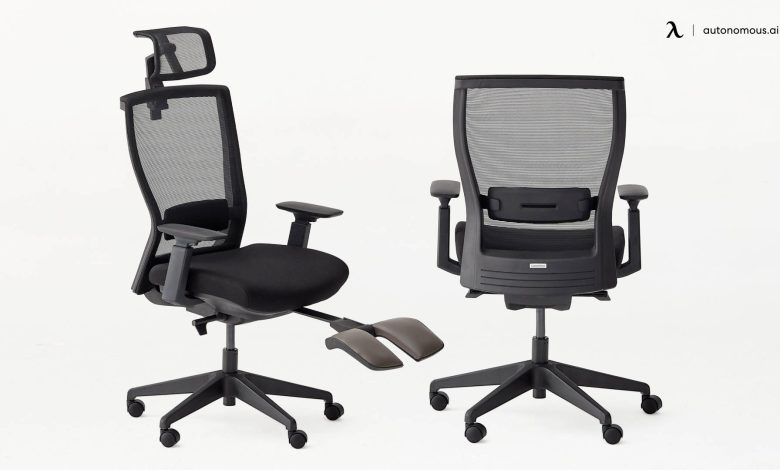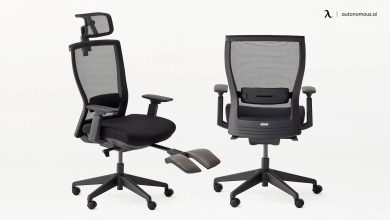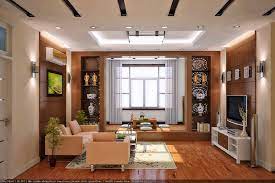The Evolution and Importance of Office Tables in the Philippines

Last Updated on March 26, 2024 by olivia anderson
In the bustling business landscape of the Philippines, the office table stands as an unassuming yet indispensable fixture. It’s not merely a piece of furniture; it’s the cornerstone of productivity, collaboration, and professionalism in the workplace. From its humble beginnings to its contemporary forms, the office table has undergone a remarkable evolution, mirroring the transformation of Filipino work culture and office environments.
Office Table
Historically, the office table in the Philippines, much like in many other parts of the world, was a simple, functional piece. In the early days, wooden desks with basic designs dominated the scene. They served their purpose adequately, providing a surface for paperwork, a place to keep office supplies, and perhaps a drawer or two for storage office table. However, as the Filipino economy grew and modernized, so too did the demands placed on office furniture.
One significant shift came with the advent of technology. With the proliferation of computers, the office table had to adapt to accommodate these new tools. Ergonomic designs became increasingly important to support long hours of work in front of a screen. Cable management systems were introduced to keep workspaces tidy and safe. Today, office tables in the Philippines often come equipped with built-in power outlets and USB ports, reflecting the need for connectivity and convenience in the digital age.
Reception Desk
Moreover, the layout of office spaces has evolved, influencing the design of office tables. Open-plan offices, popularized by multinational corporations, have become more common in the Philippines. These layouts prioritize collaboration and flexibility, prompting the rise of modular office furniture, including tables that can be easily reconfigured to suit different tasks and team sizes reception desk. Adjustable-height tables have also gained popularity, catering to employees’ diverse needs and promoting a healthier, more dynamic work environment.
Beyond functionality, aesthetics play a significant role in the choice of office tables. Filipino companies recognize the importance of creating inviting, inspiring workspaces that reflect their brand identity and values. As a result, office tables now come in a variety of styles, materials, and finishes, ranging from sleek and modern to rustic and industrial. Design elements such as glass tops, metal frames, and vibrant colors are used to enhance the visual appeal of workspaces and foster a positive atmosphere.
Steel Cabinet
However, the significance of the office table goes beyond its physical attributes. It serves as a symbol of professionalism and status in the Filipino corporate world. Executives often have larger, more luxurious desks, signaling their seniority and authority within the organization. Conversely, shared workspaces may feature communal tables, promoting equality and collaboration among team members steel cabinet. In this way, the office table reflects the social dynamics and hierarchy present in Filipino workplaces.
Moreover, the office table plays a crucial role in fostering productivity and efficiency. A well-designed workspace can enhance concentration, creativity, and communication among employees. By providing a comfortable and organized environment, office tables contribute to employee satisfaction and morale, ultimately leading to better performance and outcomes for businesses.
Filing Cabinet
Pandemic has further reshaped the role of the office table in the Philippines. Remote work and flexible arrangements have become more prevalent, challenging traditional notions of the workplace filing cabinet. Many companies have adopted hybrid models, allowing employees to work from home or the office as needed. As a result, there is a growing demand for versatile, multifunctional office tables that can accommodate different work setups and environments.
Looking ahead, the future of the office table in the Philippines is likely to be shaped by ongoing technological advancements, changing work patterns, and evolving preferences. Sustainable materials and eco-friendly designs are expected to gain prominence as companies prioritize environmental responsibility. Additionally, the concept of the office itself may continue to evolve, with virtual and augmented reality technologies potentially redefining how and where work is done.
In conclusion, the office table holds a special place in the Filipino workplace, serving as more than just a piece of furniture. It embodies the evolution of work culture, technological progress, and design trends in the Philippines. As businesses continue to adapt to new challenges and opportunities, the office table will remain a vital asset, facilitating productivity, collaboration, and innovation in the dynamic world of work.




